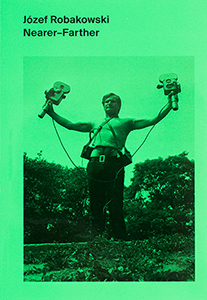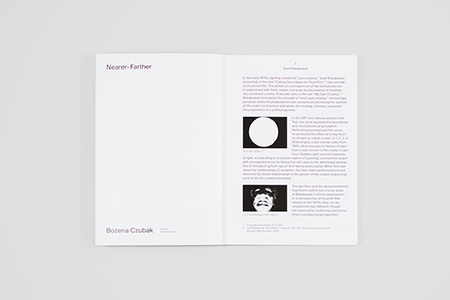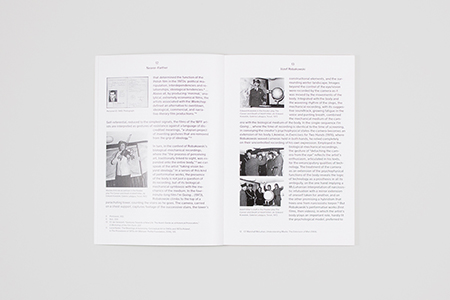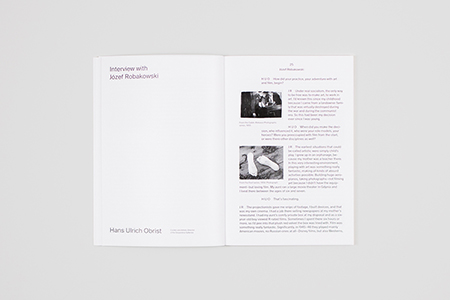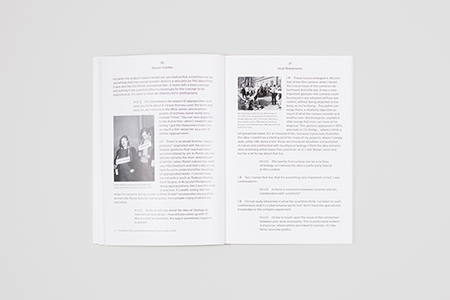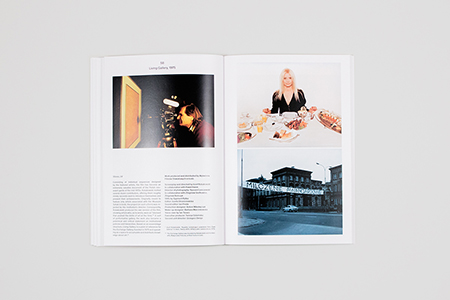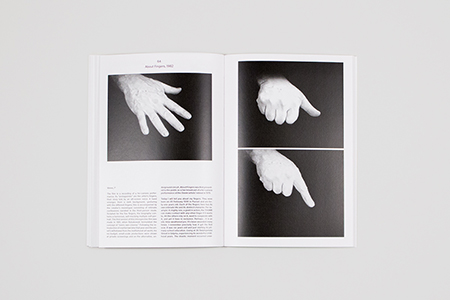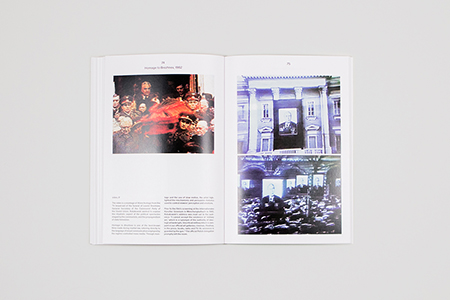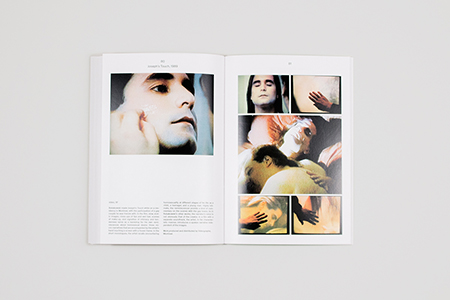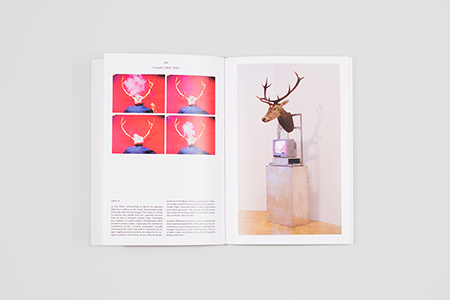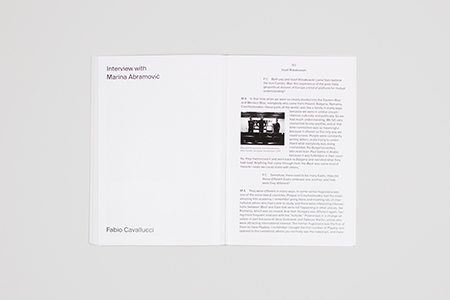First major catalogue dedicated to one of the biggest representatives of Polish art and experimental cinema, Józef Robakowski. The publication presents some of the artist's most significant works and his research on the language of film and montage. It includes and interview with
Marina Abramović, one of Robakowski's colleague at the time of the Soviet Union.
Józef Robakowski, a key figure of the 1960s and 1970s neo-avant-garde rebellion, is a master of structural cinema and a pioneer of Polish video art. In his practice he has tested viewers' perceptual habits, developed ideas about mechanical recordings beyond any aesthetic convention, and criticized methods of visual persuasion in films, highlighting in particular the pompousness of
political spectacles. A radical experimentalist and media analyst, Robakowski is known for his unique approach, “his own cinema,” in which autobiography replaces dubious history, and in which the artist proposes his own scenario for perceiving the reality of life under communism. The book, published in collaboration with the Luigi Pecci Centre for Contemporary Art and the Profile Foundation on the occasion of the exhibition “Józef Robakowski: Nearer – Further,” full of illustrations and descriptions of the work, contains an interview by
Hans Ulrich Obrist with the artist and an interview between Fabio Cavallucci, the Artistic Director of Centro per l'Arte Contemporanea Luigi Pecci, and
Marina Abramović, a colleague and friend of Robakowski in the years they both lived and worked in communist bloc countries.
Published on the occasion of the eponymous exhibition at the Luigi Pecci Centre for Contemporary Art, Prato, from October 14, 2017, to January 28, 2018.
Józef Robakowski (born 1939 in Poznań, lives and works in Łódź, Poland) is an artist and creator of
experimental films,
videos, installations,
performances and
photographs, as well as a cultural promoter and art theorist. He coordinated some key artistic movements of the second half of the twentieth century in Poland, from the collective Zero-61 (1961-1969), which was inspired by the tradition of metaphorical montage used by avant-garde cinema, to the Workshop of the Film Form (Warsztaty Formy Filmowej, 1970-1977). As promoter of the Polish progressive artistic movement, his research led him to question the
language, mechanics and material of film, uniting these elements with an interest in the avant-garde
conceptual tradition filtered through the lens of authenticity and personal identity.

